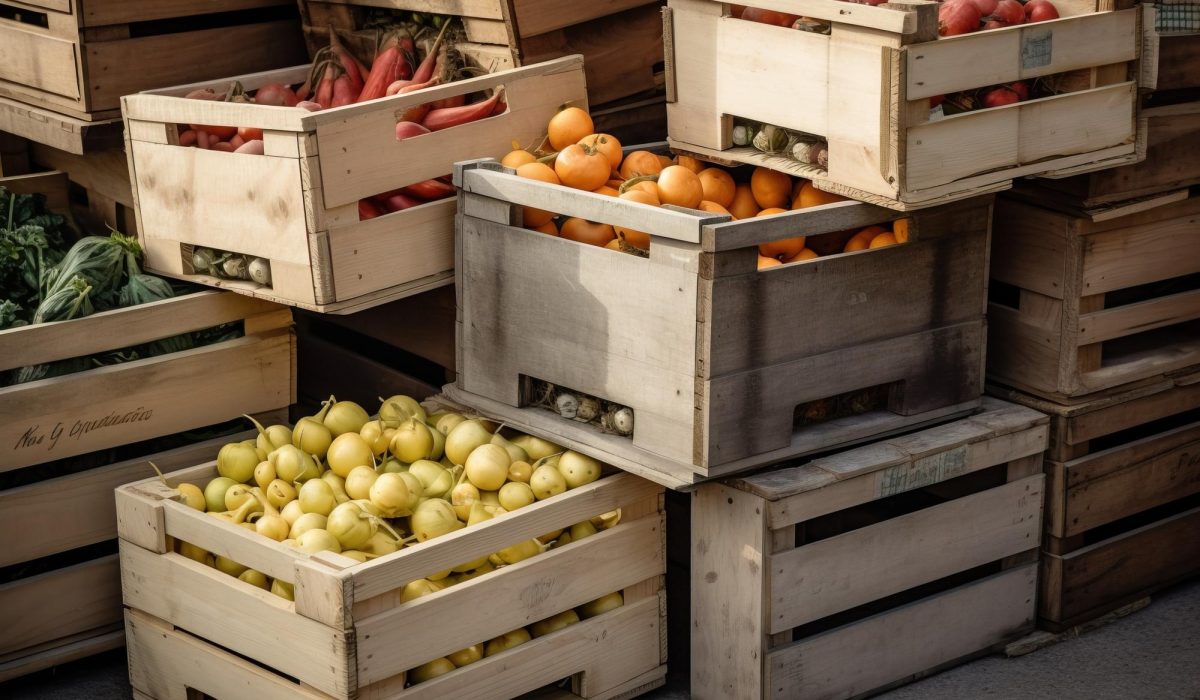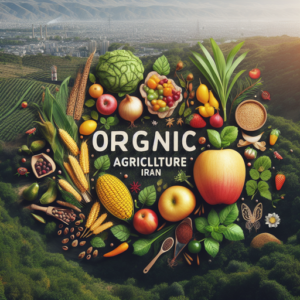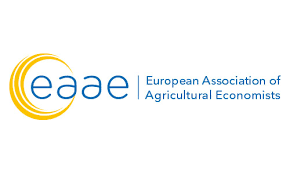Exporting agricultural products is one of the main sectors of a country’s economy. Many countries have favorable conditions for producing agricultural products due to their diverse climate and soil. These conditions provide farmers and growers with suitable opportunities to export their products to international markets.
Exporting agricultural products is a multi-stage process that requires various actions including identifying the target market, obtaining export licenses, packaging the products, transportation, customs clearance, marketing, and ultimately selling the products.
The issue of product value and export taxes is also an important part of the agricultural export process. In many countries, agricultural product exports are not subject to value-added taxes. However, different conditions may exist for exports in each country.
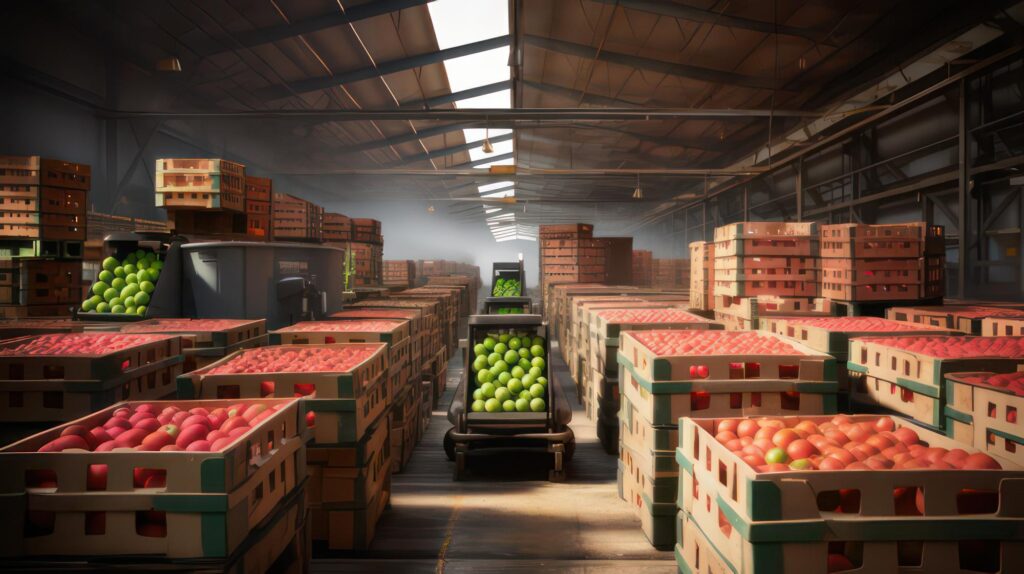
Exporting agricultural products
Exporting agricultural products involves specific laws and processes. In this section, we will familiarize you with the laws and procedures for exporting agricultural products.
-
Market research
Before starting exporting agricultural products, you need to identify and analyze your target market. Gather information such as needs, preferences, and competitive prices for your products.
-
Compliance with standards
Agricultural products must comply with national and international standards. Some standards include hygiene, quality, and health of the products. Specific standards may be required for exporting agricultural products to certain countries.
-
Licenses and necessary documents
Obtain the required licenses and documents before starting your export activities. This may include export permits, health and phytosanitary certificates, product identification, and other relevant documents.
-
Packaging
Proper packaging is of great importance for agricultural products. The packaging should be suitable in terms of protection, hygiene, and aesthetics for transportation and storage of the products.
-
Transportation
Agricultural products can be transported by land, air, sea, or rail. Choose the correct type of transportation that aligns with the preferences and needs of your foreign customers.
-
Customs clearance
Track the customs clearance process and pay the applicable taxes and duties for exporting agricultural products.
-
Destination regulations
Before sending agricultural products to the destination country, review the relevant laws and regulations. This may include import restrictions, customs clearance procedures, packaging specifications, and other legal matters.
-
Payment methods
Determine appropriate payment methods with your foreign customers for exporting agricultural products. This may include bank transfers, cash payments, documentary credits, and other available methods.
-
Quality maintenance
Pay attention to the quality of your products during the export process. Quality maintenance of products depends on processing, transportation, and delivery by customers.
-
Advertising and marketing
To attract foreign customers and increase sales of agricultural products, choose effective advertising and marketing strategies. This can include participation in exhibitions, online advertising, utilizing trade intermediaries, and other available methods.
What is WTO?
The World Trade Organization (WTO) is the primary source of international trade law and agreements. It aims to maintain balance and fairness in international trade and establish rules and regulations to support its member countries and help weaker parties.
One of the main tasks of the WTO is to examine countries’ trade violations, resolve disputes, and negotiate trade laws. They strive to reduce trade barriers and create a fair and impartial trading environment between countries.
The WTO also coordinates with other international organizations, such as the World Health Organization and the International Monetary Fund, to regulate countries and promote cooperation in international trade, utilizing joint efforts to solve common issues.
In general, the World Trade Organization plays a crucial role in regulating and facilitating global trade and contributes to economic development and the achievement of global sustainability goals.
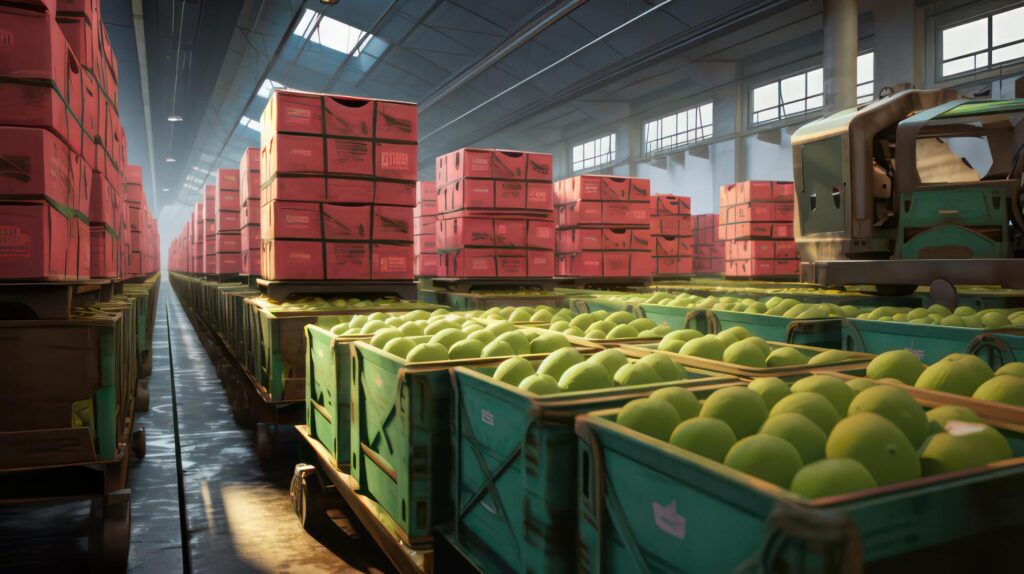
Export Standards for Agricultural Products
There are agreements within the World Trade Organization that adherence to them can somewhat guarantee the safety of food standards. These agreements include regulations and rules that countries can implement to ensure the safety of exported or imported food.
These regulations may include hygiene standards, food labeling, testing methods, and risk management. The goal of these agreements is to enhance food safety at an international level and ensure that consumers receive safe and quality food.
Countries must properly enforce these regulations and ensure that exported or imported food complies with specific standards. These agreements play a crucial role in maintaining public health and hygiene, and countries must adhere to them to create a safe and healthy environment in the production, export, and import of food.
These regulations and requirements include:
• The exporting or importing country must protect the health of its population against various microbes and diseases.
• Each trading country must ensure protection against the entry of pests.
• Each trading country must protect against the entry of various animals or plants that may transmit diseases common between animals and humans.
In summary, exporting agricultural products is a vital sector of a country’s economy. It involves several steps such as market research, compliance with standards, obtaining licenses and necessary documents, proper packaging, transportation, customs clearance, destination regulations, payment methods, quality maintenance, and advertising and marketing. The World Trade Organization (WTO) plays a significant role in regulating and facilitating global trade, maintaining fairness and balance, resolving disputes, and reducing trade barriers. Adherence to WTO agreements ensures the safety and quality of exported and imported food, promoting public health and hygiene.
mrtfoods
We are proud to announce that MRT Company operates in the field of organic product manufacturing. Our commitment to producing healthy and high-quality products is evident through our process that excludes the use of any pesticides or chemical fertilizers, and follows the principles of organic farming. Our aim is to provide our valued customers with products that not only prioritize their own and their families’ health, but also contribute to environmental preservation and support sustainable agriculture by adhering to high standards and organic criteria.
Reference

